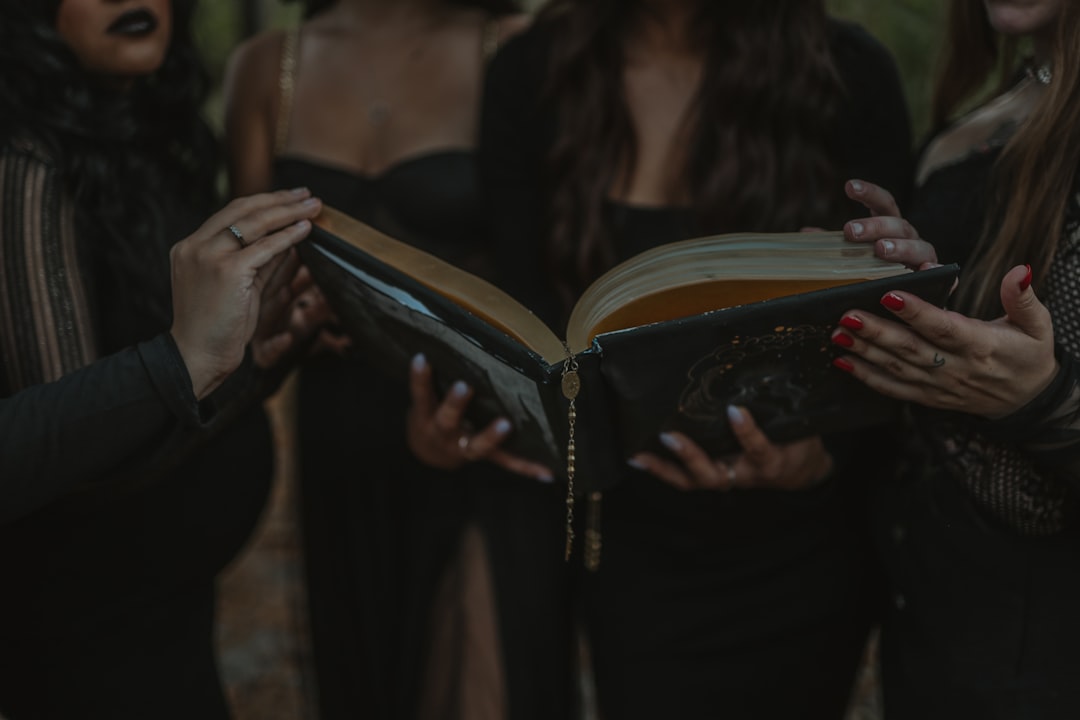Season of the Witch
Mayfair Witches' sexy demon, Yellowjackets' wiccan promise, Daisy Jones' ode to addiction, and a chat gathering tonight
A few weeks ago, my husband taught The Crucible to his high school students. We spent some time arguing over a feminist reading of play. I argued there’s a problem with John Proctor, the adulterating husband who is otherwise the only sane person in the play. My husband, also a Jon, wanted to read the play as one about power, which, okay. (Like many educators who teach the play, and like Arthur Miller, he’s a fan of drawing allegorical comparisons between the Salem Witch trials and McCarthyism.)
But isn’t it funny how narratives of men struggling against oppression, in this case the oppression of the church, usually fail to account for their own domination—that is, for male power, which was at the heart of not only the witch trials, but also the construction of The Witch herself?

Naturally, John in the play is tempted by the witchy adulteress Abigail Williams, with whom he has an affair. There’s lots to say about how this affair plays off John’s virtuous wife, Elizabeth, while Abigail becomes one of many hysterical women in the play. The mass hysteria experienced by the pious men in town does factor into The Crucible, but as usual it’s the man at the center of the story who remains the moral compass and the tragic hero.
In the historical record, John was 60 and Abigail was 11. They probably didn’t know each other before the period depicted in the film.
One feminist reading of Miller’s play is that when men try to create witchy characters, they usually fall prey to the gendered tropes that demonize women in the first place— i.e. they rehash and stoke fears of female sexuality, women’s collective power, and women’s alleged emotional instability.
I’m still thinking about The Crucible weeks later because I’m still thinking about witches. I watched the first season of Mayfair Witches, the TV adaptation of Anne Rice’s trilogy The Lives of the Mayfair Witches, which is more of an empowerment feminism witch show. Alexandra Daddario stars as Dr. Rowan Fielding, a strong, well-educated woman who finds out she has inherited mystical powers. What endows her with these powers? Well, in one sense, it’s her maternal bloodline. But what’s been passed down from that bloodline is—wait for it!—a sexy male demon with stringy hair who follows her around and tempts her to experiment with dark forces!
Minor spoiler: the season ends with her fucking the demon.
I never really knew what was going on in the show, but I still watched because, you know, witches. I understand that Anne Rice was resisting the church in these narratives—the demon guy represents the taboo sexual energy women (especially in the South, where the story takes place) are not supposed to have. But one can’t help but notice how, again, in an effort to depict the witch with some complexity, the tradition of rooting women’s power in men, and in sexual temptation, just replays.
Which brings me to this season of Yellowjackets.



